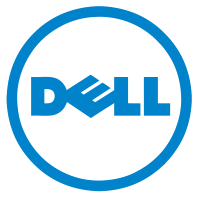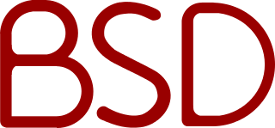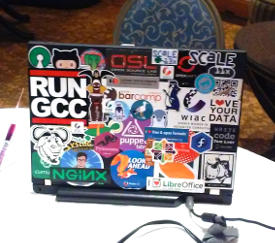FOSS Week in Review
I honestly wish this news was better: Please allow a moment of silence for what seems to be the passing of Firefox OS. As a ZTE Open owner and a one-time regular user of that phone (until I needed something more dependable), this hits a sentimental note with me, since I was truly hoping that Mozilla would get the OS for the phone up to speed so it wouldn’t — oh, just to give a personal example — abandon users while performing important, job-dependent communications, for example.
And now, for the wrap:
 Dell Fixing UEFI for Linux? Linux users may be able to update their UEFI firmware on devices, if Dell has their way. The computer manufacturing giant is looking at making things easier for Linux users, and Richard Hughes writes on his GNOME blog that this capability might be available as early as Fedora 24. “With Dell on board, I’m hoping it will give some of the other vendors enough confidence in the LVFS to talk about distributing their own firmware in public,” Hughes writes, and we have our fingers crossed here.
Dell Fixing UEFI for Linux? Linux users may be able to update their UEFI firmware on devices, if Dell has their way. The computer manufacturing giant is looking at making things easier for Linux users, and Richard Hughes writes on his GNOME blog that this capability might be available as early as Fedora 24. “With Dell on board, I’m hoping it will give some of the other vendors enough confidence in the LVFS to talk about distributing their own firmware in public,” Hughes writes, and we have our fingers crossed here.


 How do you receive and send your email? Inquiring minds want to know.
How do you receive and send your email? Inquiring minds want to know.
 Before I do that, though, it bears noting that Susan Linton over at Ostatic.com has picked up the BSD ball and run with it in a
Before I do that, though, it bears noting that Susan Linton over at Ostatic.com has picked up the BSD ball and run with it in a 



 Except for those using a free version of Android such as
Except for those using a free version of Android such as 
